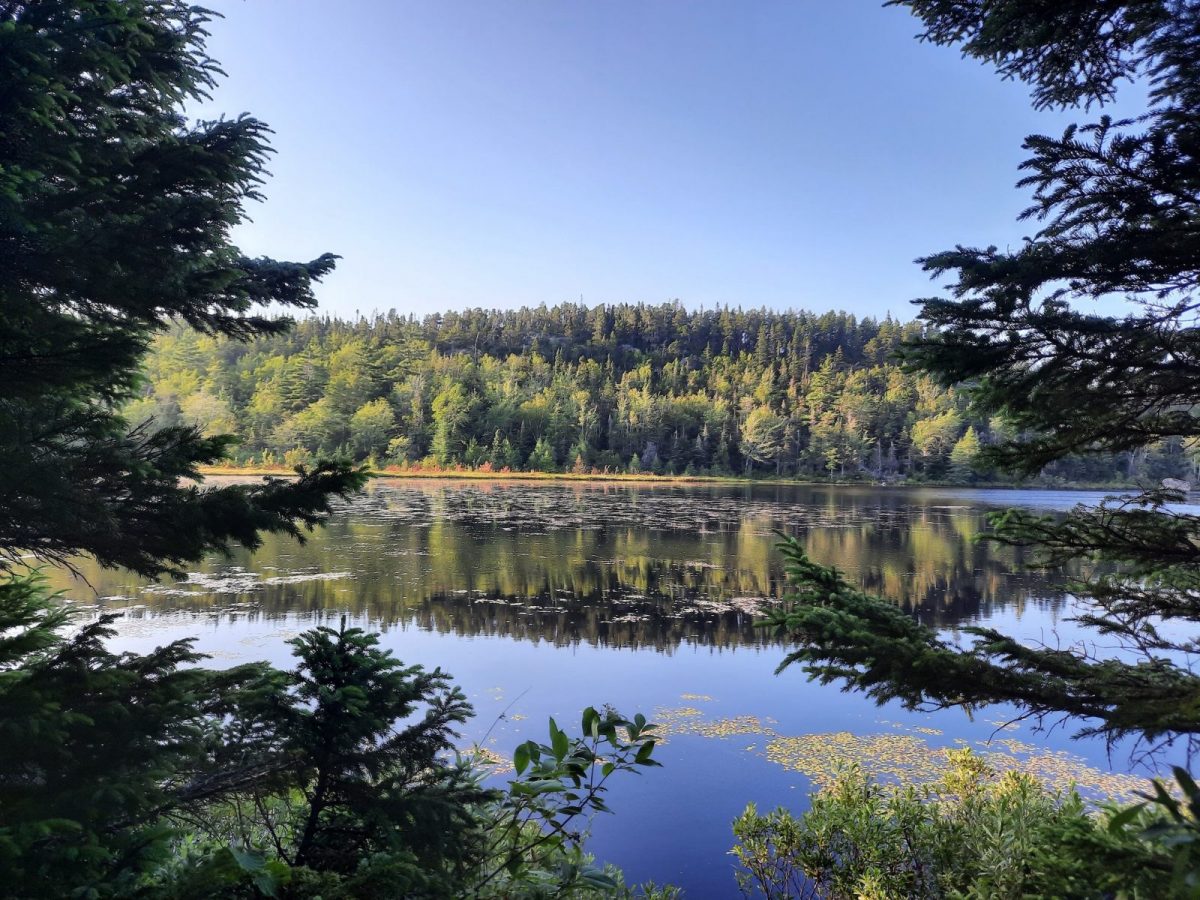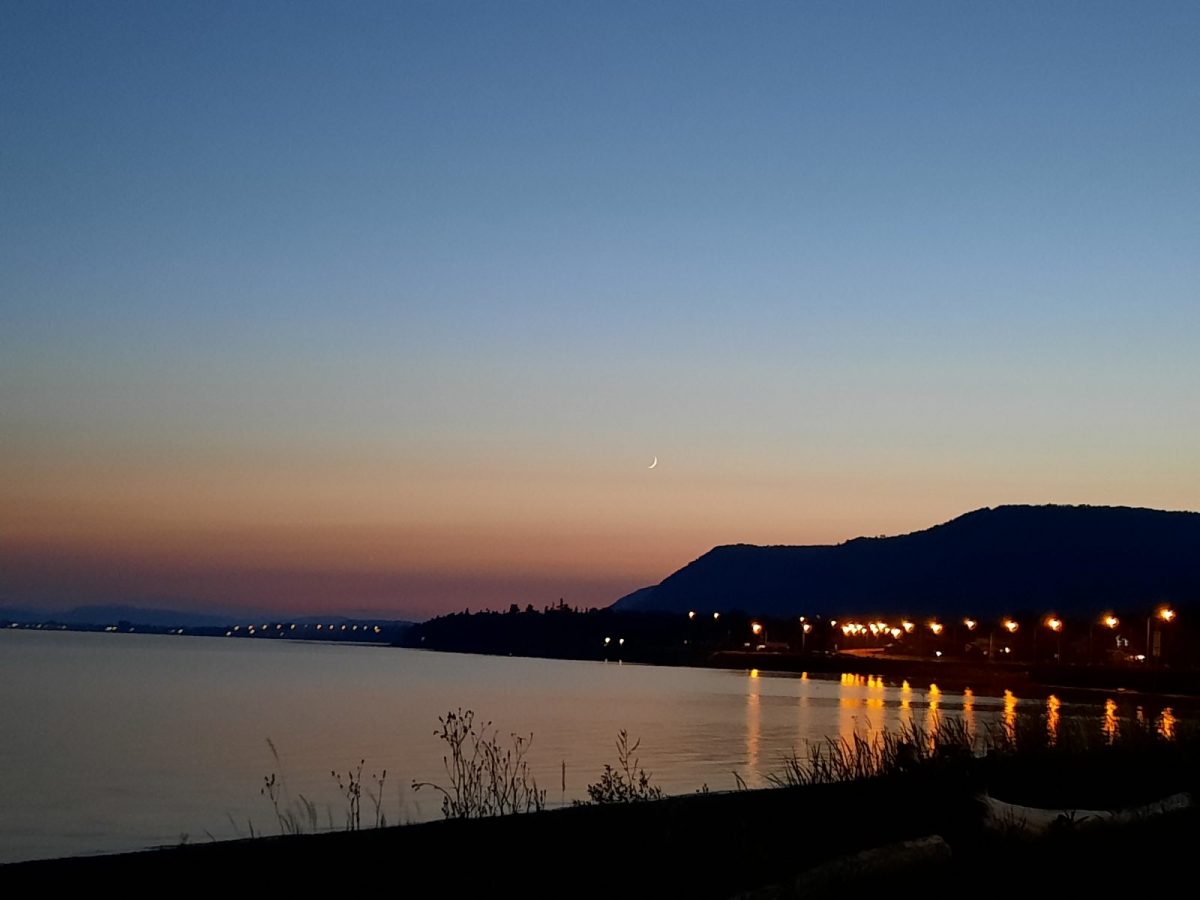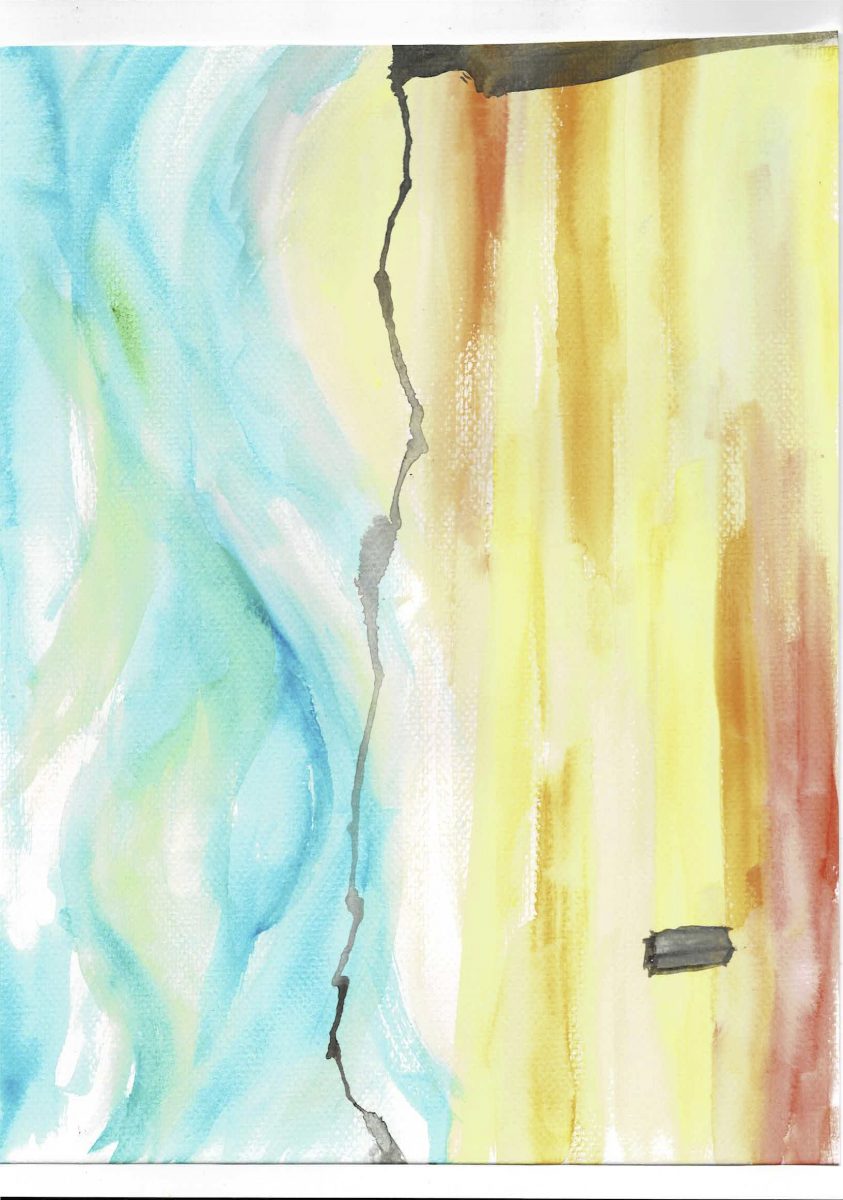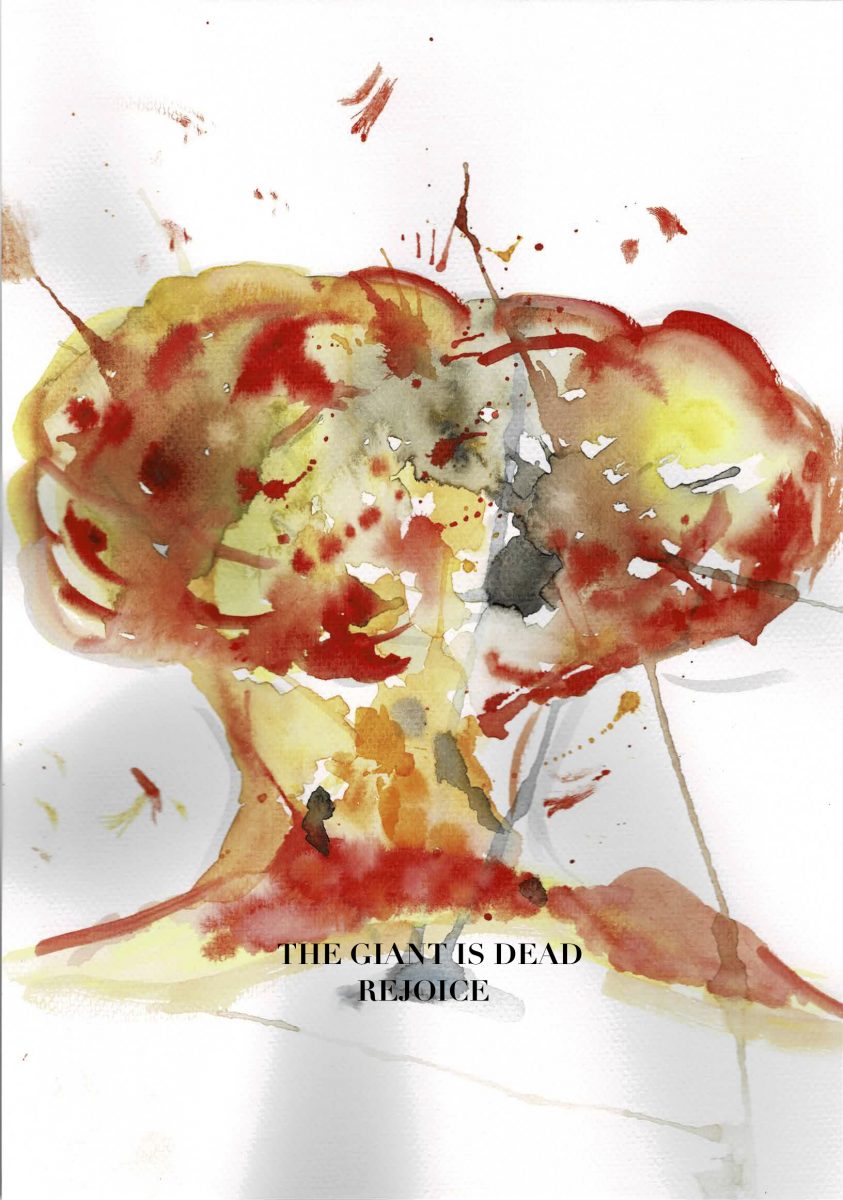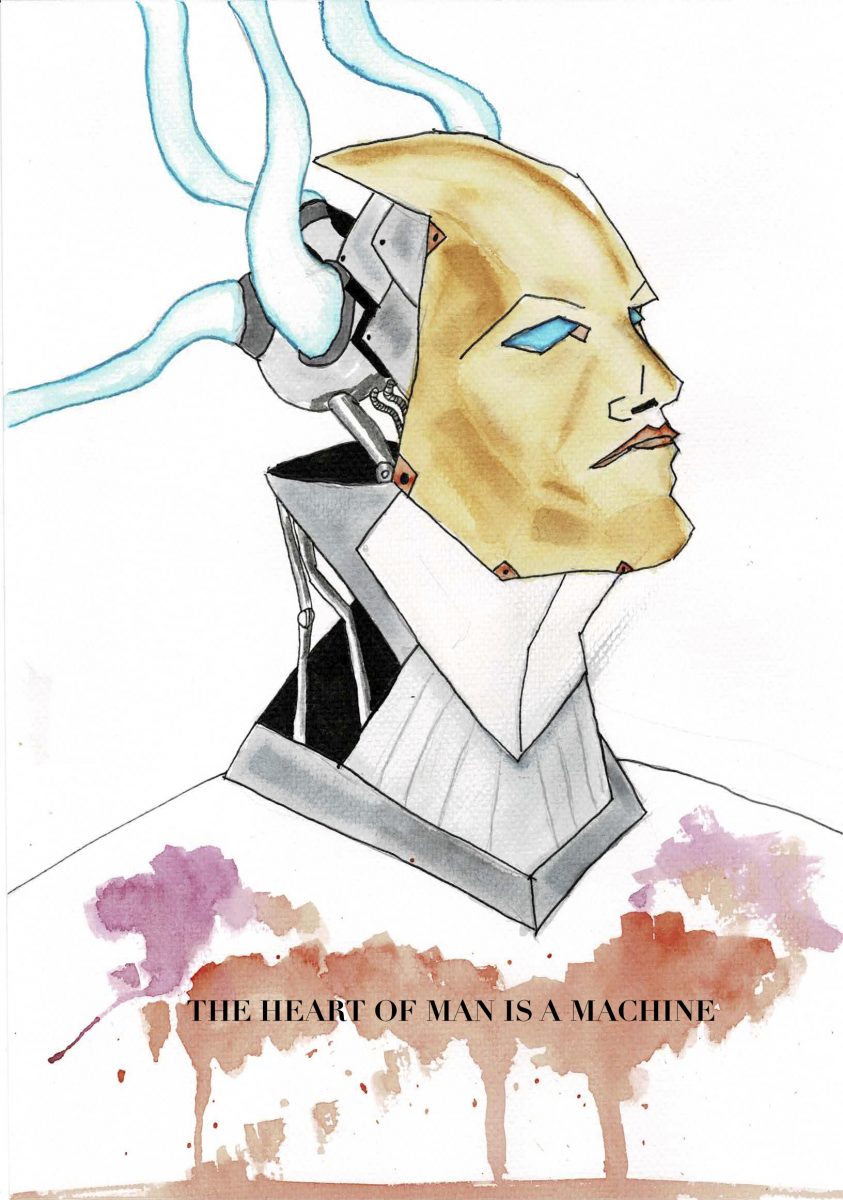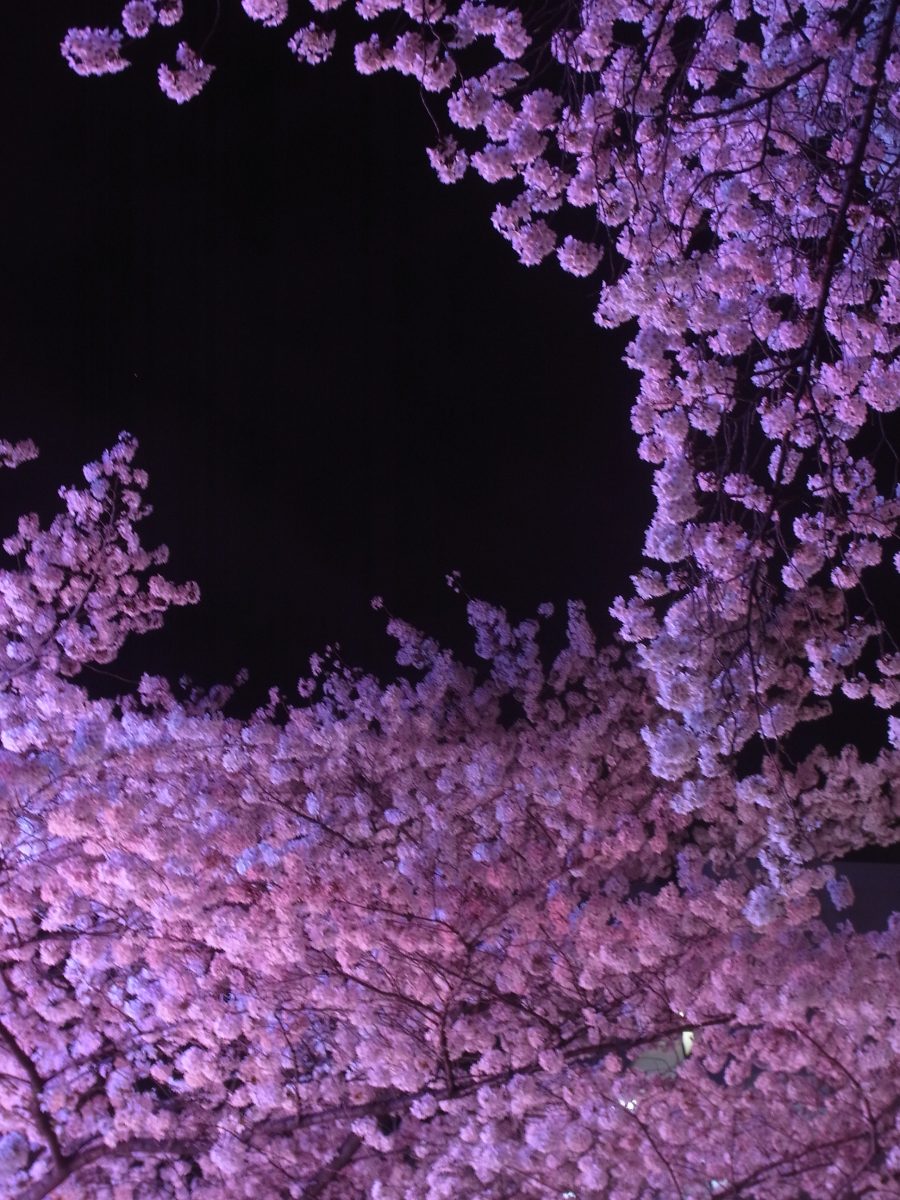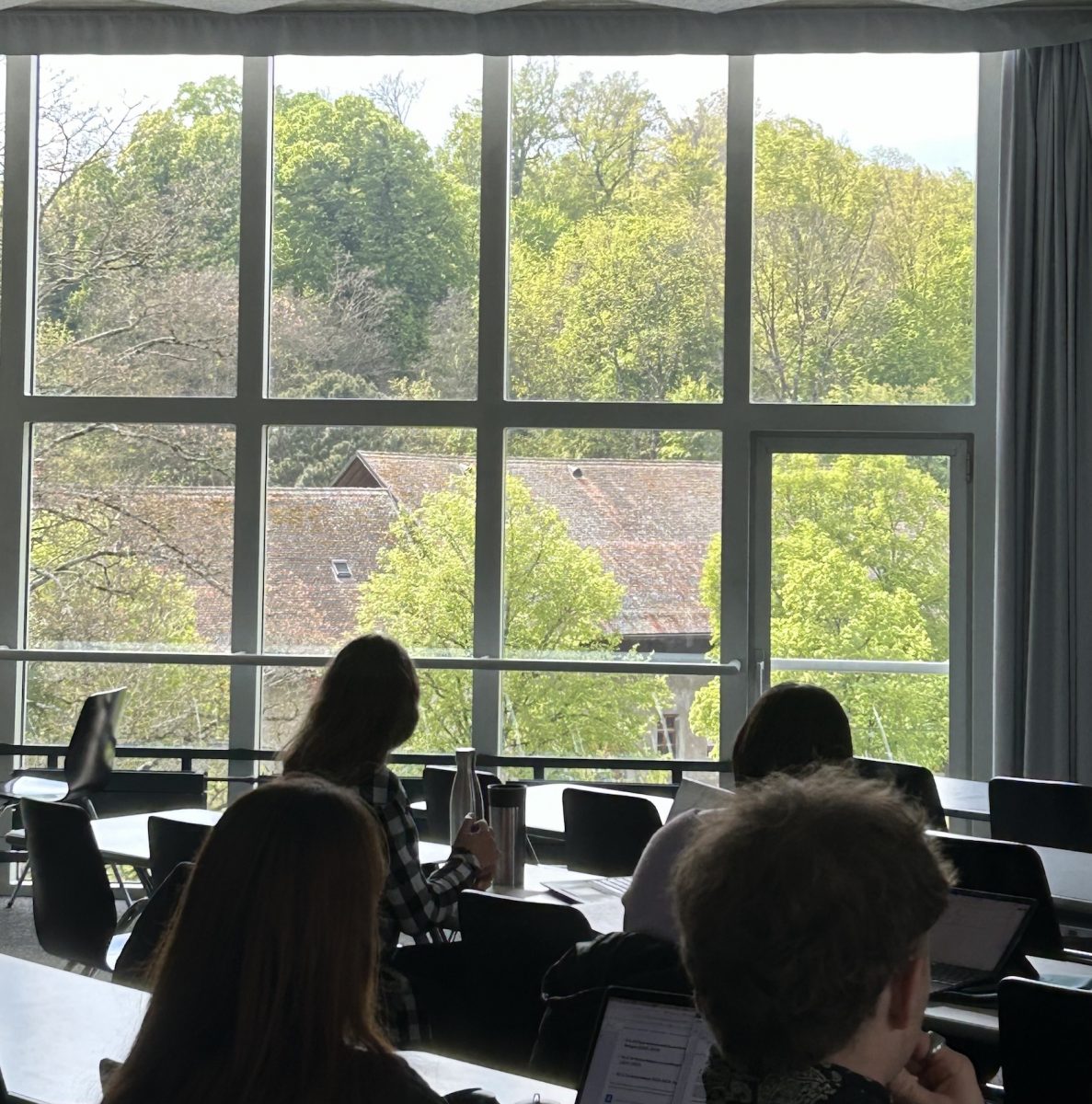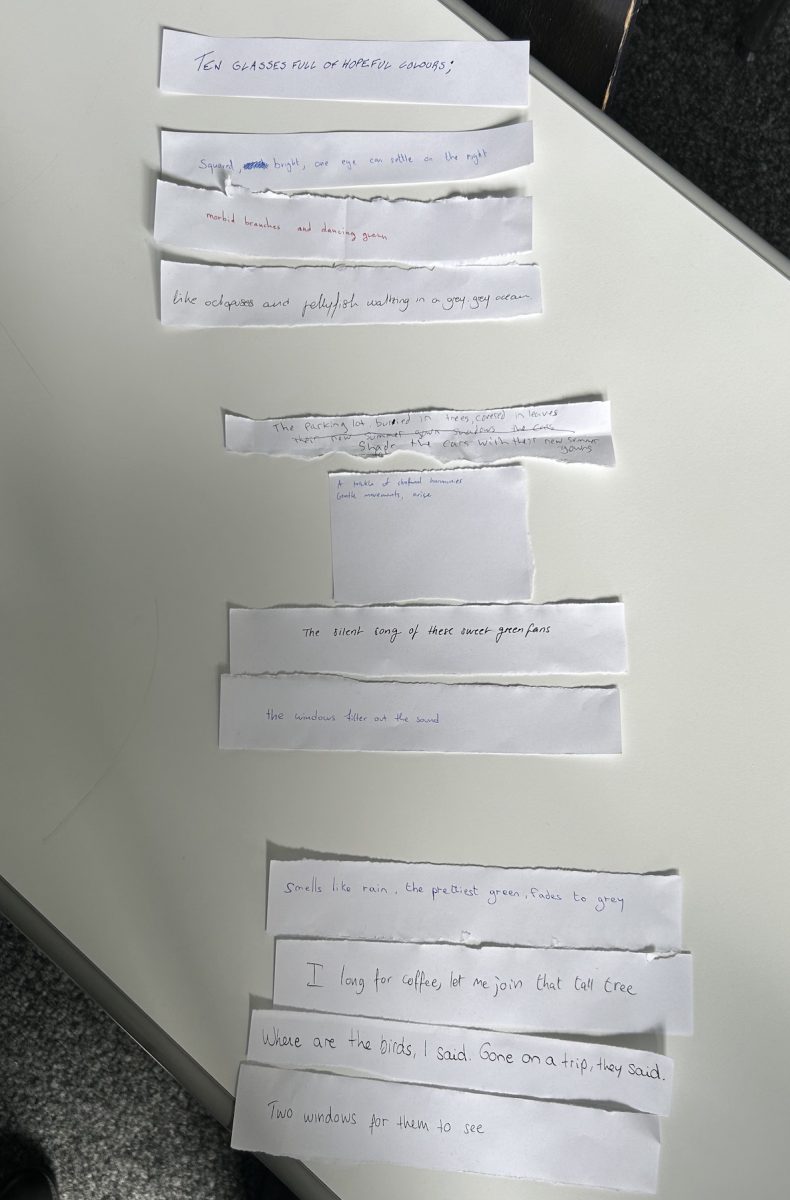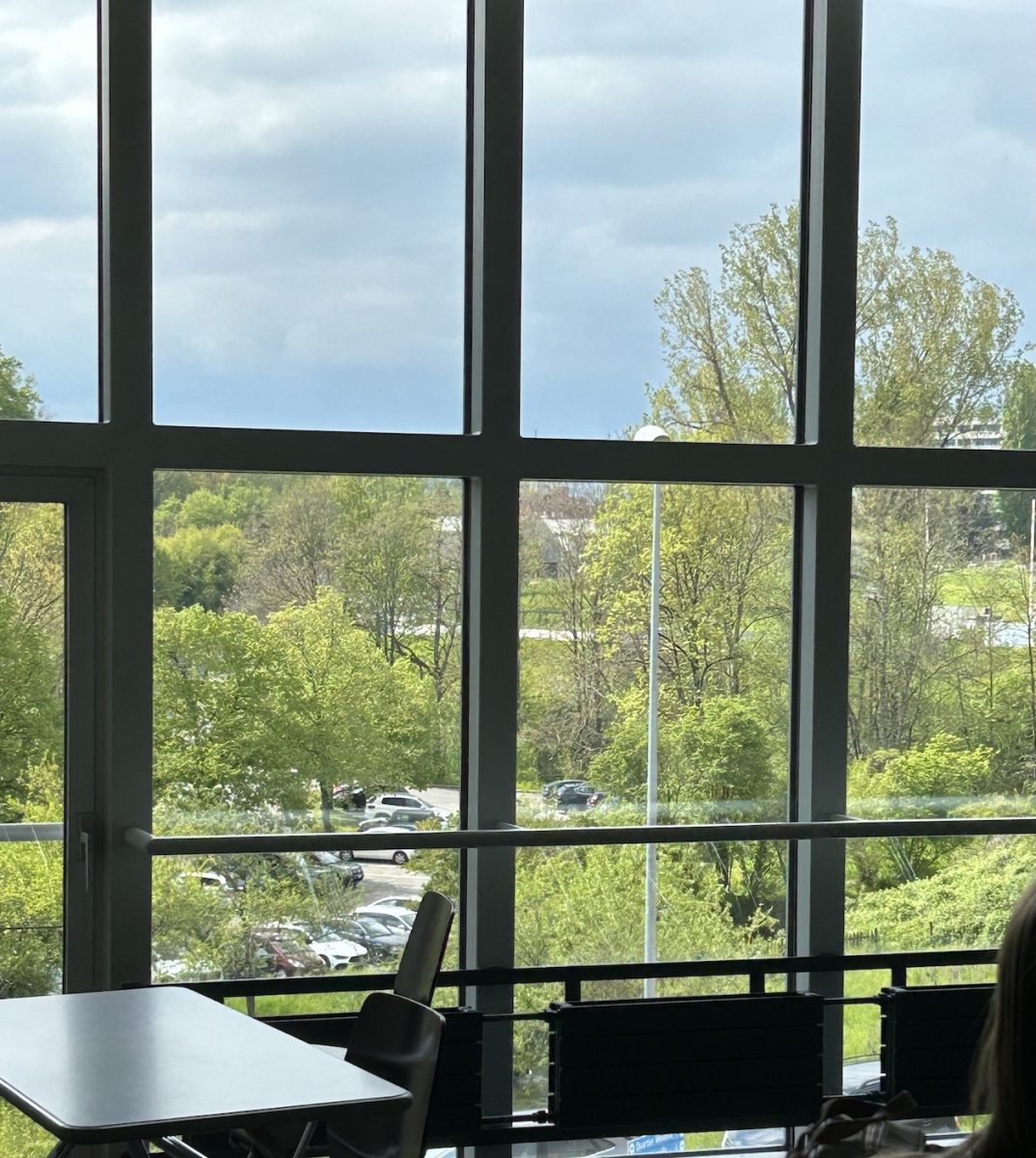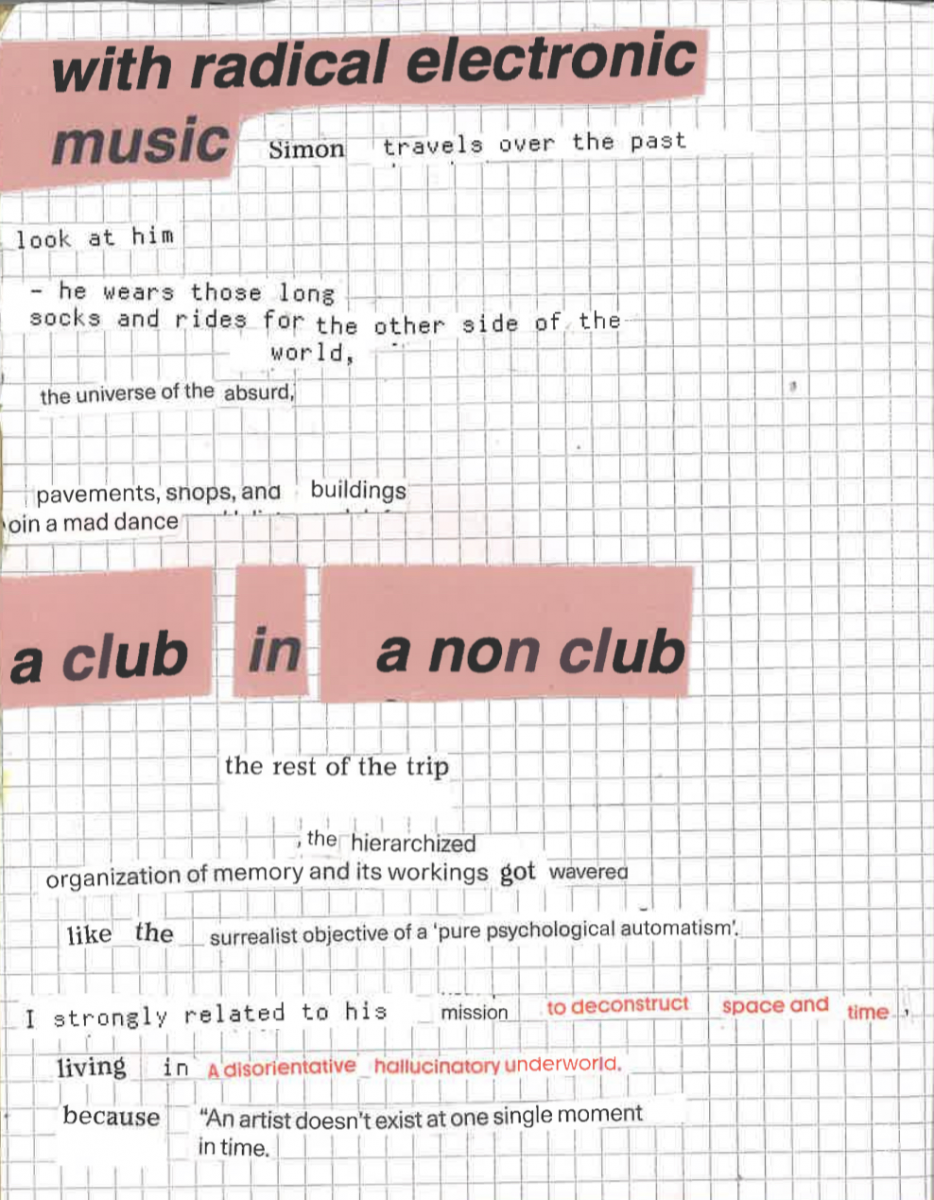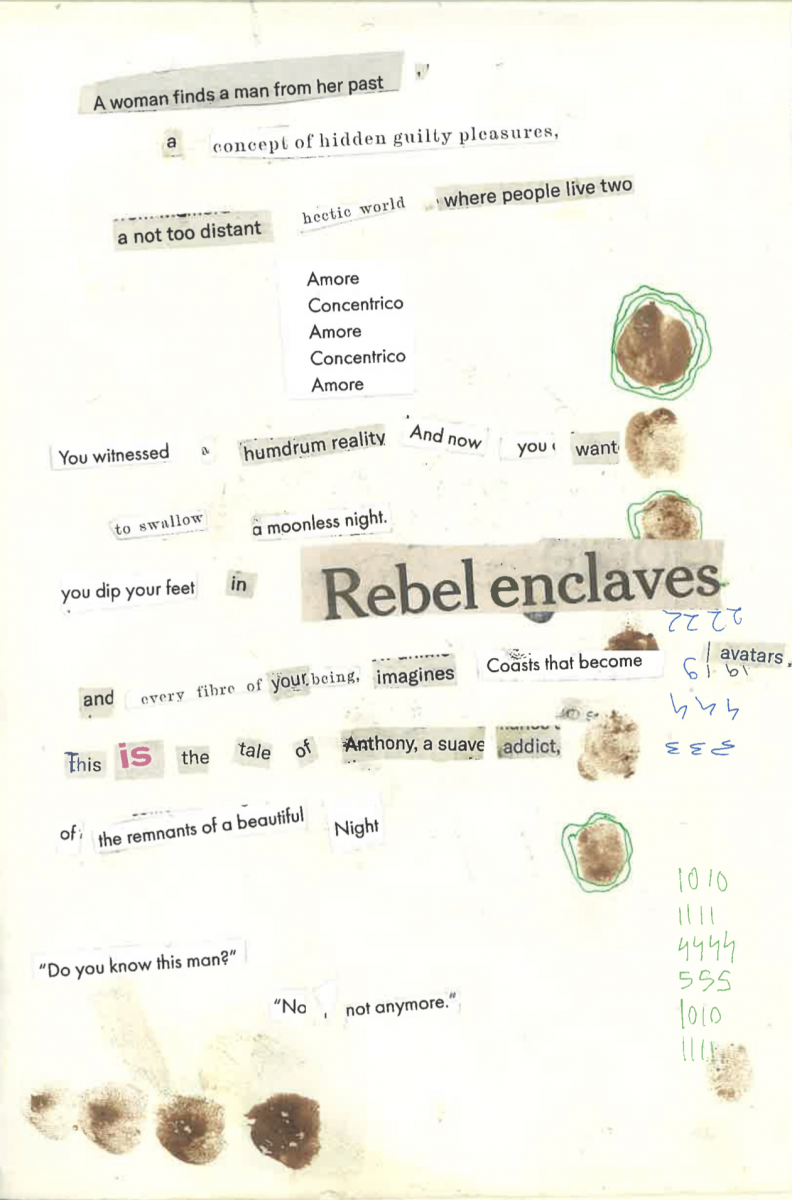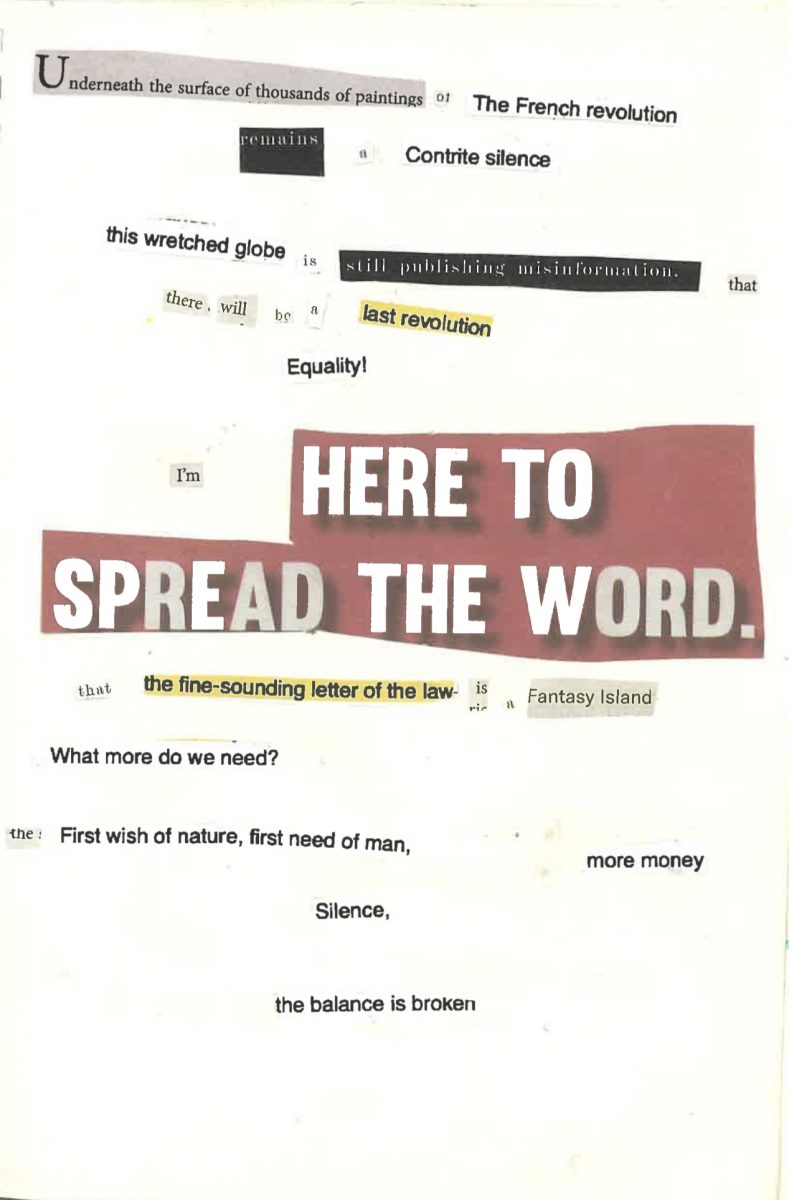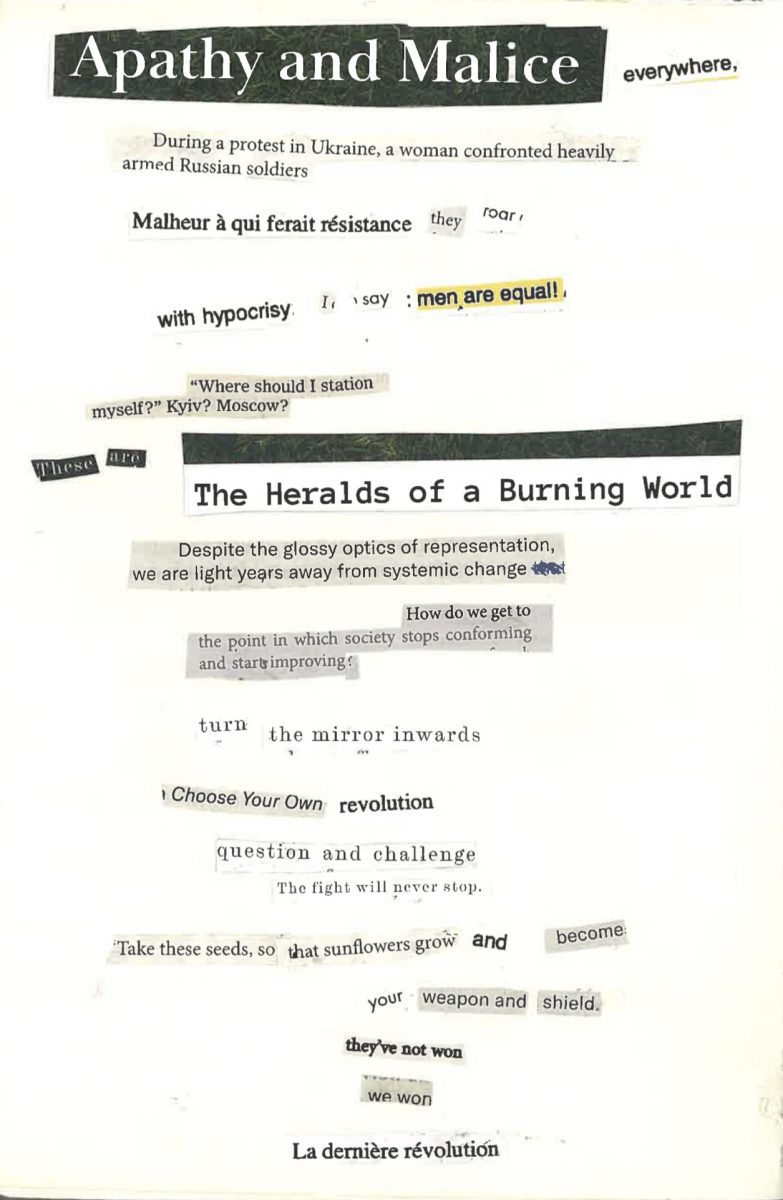Author: Mel A. Riverwood
1. Wake up joyful and refreshed
we rise and we walk.
no need to wake up when we haven’t slept.
we wander in the dark that we know,
without seeing,
to light the one candle we need.
a flame inhabited by our own ghost.
now the ghost in the lighthouse says
‘it’s stupid o’clock again.’
he sees a wreckage going out at sea.
a corpse rotten to the bone,
which unearthed itself alone;
somehow, it remembers how to stand.
flesh hanging from frame,
all organs exposed.
six times they buried us,
seven times we rose.
2. Have yourself a healthy breakfast, baby <3
they don’t expect us to eat.
to eat is to live, to live is to think.
they think we don’t think, and therefore we don’t eat.
but the longer the sleep, the bigger the hunger;
we’ll show them we can devour as much as they did.
come now, lovelies, prepare the feast.
feed the fire and warm the pot,
gnash your teeth and unleash your beast,
tie the roast with a delicate knot.
bring the loveliest ones to the front.
vultures don’t expect a decaying corpse to rise again and hunt.
3. Shower time :)
‘here’s the wreckage again,’ says the ghost in the lighthouse.
‘it’s coming to port, afloat, adrift,
it will sink. it’s torn by a rift.
what storms has it seen, what maelstroms, what tides?
what warmth has it lacked to stand silent and slack
in the falls?
does it wish it weren’t cold?
well, it still hasn’t sunk, gotta keep a cool head.
after all, it’s not drunk yet, nor is it dead.
it’s high tide, the waves flow over the corpse.
come low tide, it rises and walks.’
4. The BEST skincare routine ever, you will be glowing after this
stretch your new skin dress over your broken bones
to hide the strange angles;
stitch up all the wounds that were caused by their stones
at the single light of your candle.
then look at it, stare at it, count the imperfections
think, think again, about all the corrections.
strangle the words, your lips are sealed over.
you hear your reflection scream bloody murder.
the smoother the better, each flaw makes it worse;
but the blessed today will choose to be cursed.
they want us brighter, six windows of shame,
but we want it darker; we kill the flame.
5. Time for makeup! you’re bold and beautiful and I love you
they don’t want to see it, only we’re supposed to know,
our perfect must be invisible, the everyday normal.
be the pearl, but god forbid you be the one to shine;
they will be the first to see you’re stepping out of line.
we refuse to be the grace
to their self-sufficient decadence;
if they deserve our beauty, then we deserve our truth:
they will see, soon; we are ugly too.
they sew the wind, it will be our pleasure to see them reap the storm.
play the role, control the shape so that we fit their form,
sing, ensiren, ensnare, enchant, unhinge the jaw, go for the throat,
strike, drown them in their own sea and sail on their own boats.
6. Walk out there and SLAY my darling
angels now are worshipped; but at first they were feared.
we got the shame, we took the blame, our name was rhymed with villain,
so be it. if we are evil, if we are vile,
why do they still want us down the aisle?
they drew blood first. smile; let’s bare our teeth
and bite the hand that held us beneath.
we polished our anger, we made it a knife
and now we will use it to walk safely at night.
we cannot sing until we tear their hands from our necks.
we will unlearn the art of staying dead.
7. Don’t forget self-care!
tie yourself to your pyre, to that kitchen chair
break your throne, your pride, your hands, cut your hair
and from your bleeding lips, draw the broken, the scarred, the whole, the monstrous
hallelujah.
be the tear falling in heaven,
the laughter in the storm;
and when we will have triumphed,
we will all walk home.
find your voice again. use it to the extreme
you were born a whole being; one ready to scream.
Bonus: a playlist for my witches to fill the silence while you do all this
- Waking Up (Acoustic) –– PVRIS
- Blood in the Wine –– AURORA
- Silk –– Wolf Alice
- You Want It Darker –– Anita Lester (Leonard Cohen cover)
- 25 –– The Pretty Reckless
- Dream Girl Evil –– Florence + the Machine
- Amen –– Halestorm

